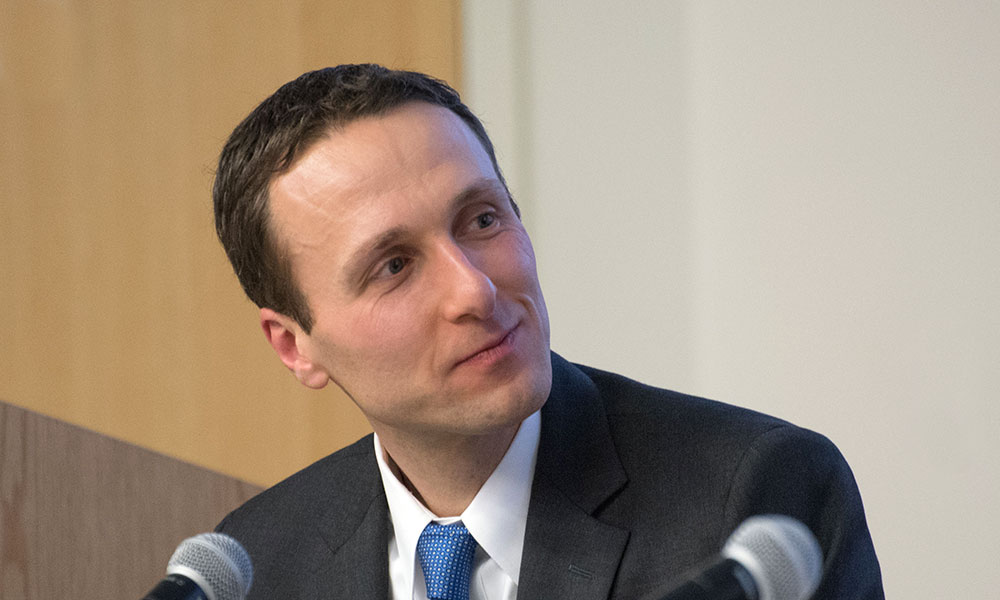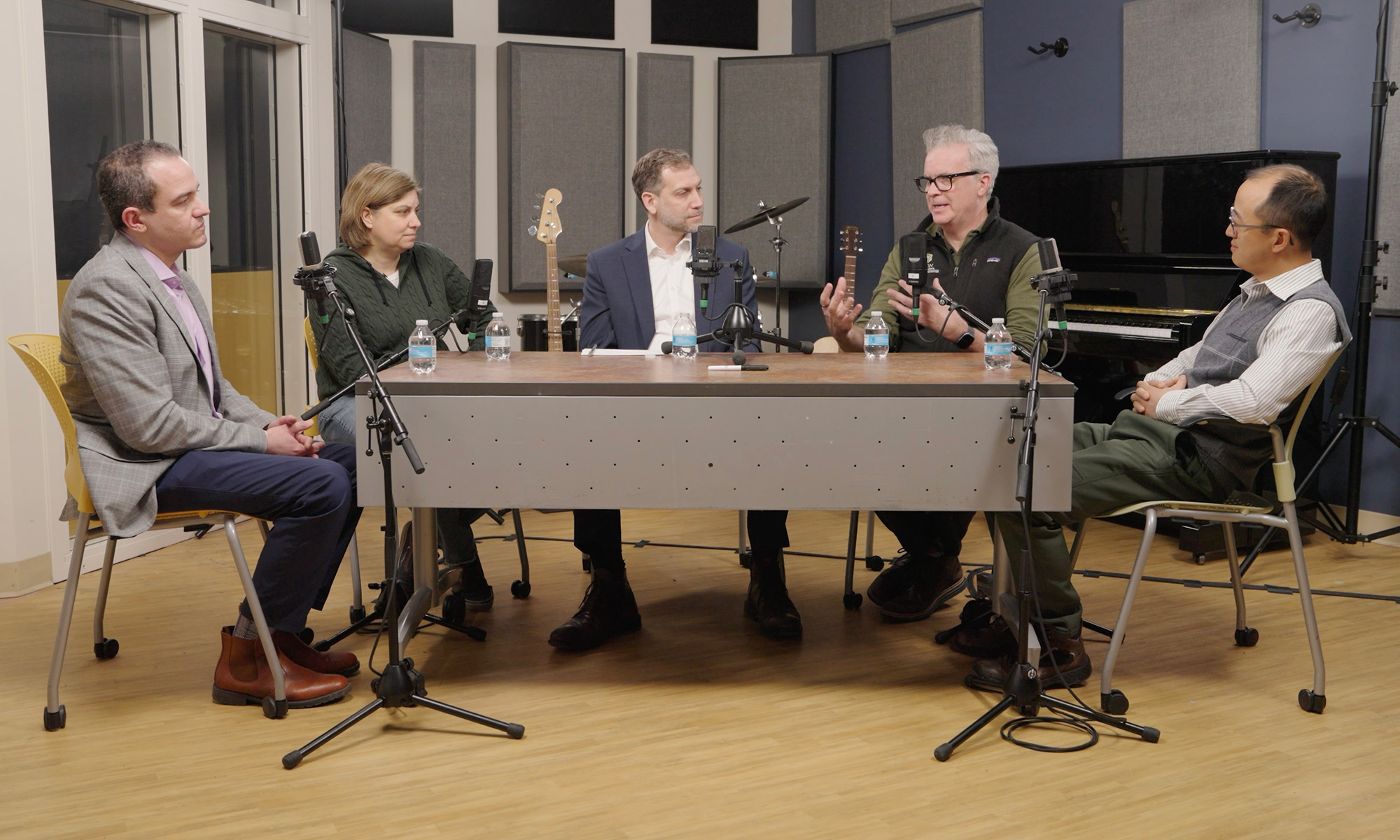
Rochester political scientist David Primo says Americans should be worried when politicians discuss the need to control the media. The debate follows in the wake of targeted Russian misinformation campaigns on social media during the last general election. Congress is currently considering legislation that would regulate political advertising on social media.
In a letter to the editor published in the New York Times, Primo, the University’s Ani and Mark Gabrellian Professor and an associate professor of political science and business administration, writes:
“After raking tech executives over the coals over Russia’s use of social media to influence the presidential campaign, Senator Lindsey Graham told reporters, ‘What we need to do is sit down and find ways to bring some of the controls we have on over-the-air broadcast to social media to protect the consumer.’
As a scholar who studies First Amendment issues and the ways in which campaign finance laws have been used to stifle speech under the pretext of safeguarding democracy, I get very nervous when politicians discuss the need for ‘controls’ over the media to ‘protect’ us. The American people should be nervous, too.”
Primo wrote in response to a New York Times front-page story titled “Internet Giants Pique Senators with Restraint” (in the paper’s print edition on November 1) about the Senate Judiciary subcommittee’s hearing with executives from Facebook, Twitter, and Google about Russia’s election interference. The New York Times reported that while the tech giant bosses publicly acknowledged their companies’ role in Russia’s influence on the last presidential election, they offered “little more than promises to do better.” It was this reluctance that apparently frustrated lawmakers who had sought stronger promises that future US elections would be protected from the influence of foreign powers.
According to the Times story, Facebook came under particular scrutiny from the lawmakers after the social media company acknowledged a day before the hearings that possibly more than 126 million users saw inflammatory political ads bought by a Kremlin-linked company. Just after the election, Facebook’s chief executive, Mark Zuckerberg, had dismissed claims of fake news and foreign interference on its site as a “crazy idea,” writes the Times.





